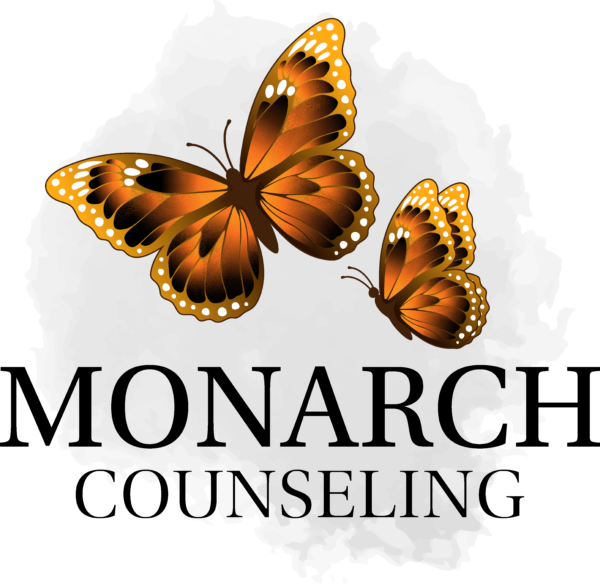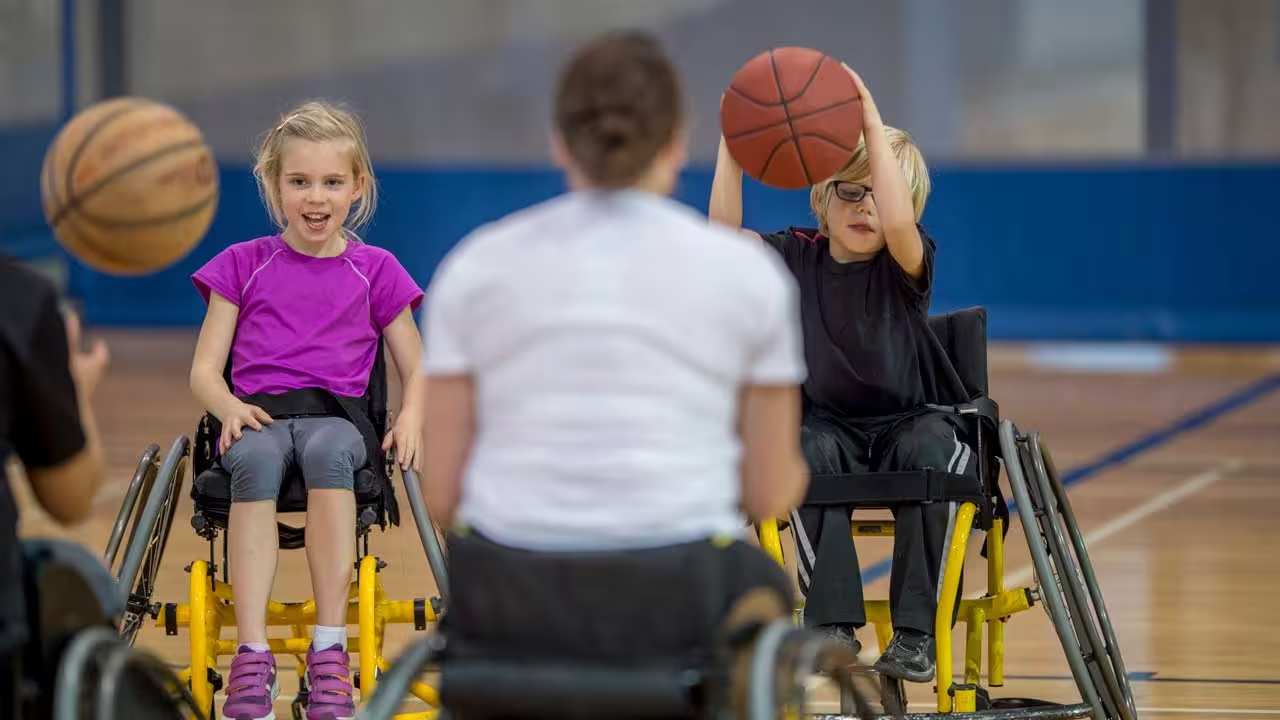Every child deserves to feel supported, understood, and encouraged, regardless of their physical abilities. Children with physical disabilities may face unique challenges, but with the right support, they can thrive emotionally, socially, and academically. As parents, caregivers, and community members, it’s essential to provide an environment that recognizes and meets the needs of these children, allowing them to develop confidence, independence, and a sense of belonging.
In this blog, we’ll explore effective ways to support children with physical disabilities, focusing on creating an inclusive environment, promoting social skills, and offering emotional support. Whether in schools, homes, or therapy settings, each step can contribute to a child’s well-being and success.
Understanding Physical Disabilities in Children
Physical disabilities come in various forms and can result from genetic conditions, injuries, or medical conditions. Disabilities may affect a child’s mobility, dexterity, or coordination, and each child’s experience is unique. It’s important to remember that a physical disability does not define a child’s potential. Children with disabilities are just as capable of achieving personal goals and contributing to society.
The role of family, friends, and educators is crucial in fostering a supportive environment where these children can grow with confidence and resilience.
Creating an Inclusive Environment
One of the most impactful ways to support children with physical disabilities is by building an inclusive environment. Inclusivity is more than just physical accessibility; it involves fostering a space where children feel valued and respected. Here are some ways to create an inclusive environment:
- Accessible Spaces: Ensure that areas at home, school, or community centers are accessible to children with disabilities. This may involve installing ramps, widening doorways, or arranging furniture in a way that allows for easy movement.
- Adapted Play and Learning Materials: Use toys, tools, and learning materials that are suitable for children with physical limitations. Adaptive equipment, such as supportive seating, or tools like large-grip pencils, can make activities more accessible and enjoyable.
- Promote Inclusive Activities: Encourage activities where all children can participate. Group games, arts and crafts, or storytelling can be adapted so children with physical disabilities feel involved and part of the group. Inclusivity helps children form friendships and build social skills, which are essential for emotional well-being.
Promoting Independence and Self-Confidence
Children with physical disabilities benefit from developing a sense of independence. Encouraging them to try new activities, make choices, and set achievable goals can significantly boost their self-confidence.
- Encourage Goal Setting: Help your child set realistic goals based on their abilities. Small accomplishments, such as dressing independently or completing a school assignment, can build a sense of pride and independence.
- Focus on Strengths: Children often excel in areas unrelated to their disabilities. By focusing on their strengths, such as artistic talent, academic abilities, or creative problem-solving, you encourage them to pursue their passions and develop confidence.
- Provide Opportunities for Decision-Making: Involve children in decisions that affect them, like choosing activities or hobbies. This allows them to feel a sense of control over their lives, which is essential for their self-esteem and emotional growth.
Building Social Skills and Friendships
Social interactions are a significant part of childhood, and children with physical disabilities may face challenges when connecting with peers. Encouraging social skills and building friendships can help children feel accepted and understood.
- Encourage Social Interaction: Find opportunities for your child to engage with others in structured settings like clubs, sports, or community groups. Activities where they share a common interest with others can help them make meaningful connections.
- Teach Empathy and Inclusivity: Educate all children about the value of empathy and kindness. This helps children without disabilities understand and support their peers with disabilities, fostering a more inclusive community.
- Role-Playing Social Situations: Practice social situations at home through role-playing. This can help children with physical disabilities become more comfortable interacting with others, building their confidence in social settings.
Providing Emotional Support
Children with physical disabilities may experience frustration, sadness, or isolation due to their limitations. It’s crucial to address these emotions in a compassionate way.
- Validate Their Feelings: Let your child know that their feelings are valid. If they feel frustrated or sad, listen to them and reassure them that it’s okay to feel this way.
- Encourage Open Communication: Foster an environment where children feel safe expressing their emotions. Regular check-ins can help you understand any emotional struggles they may be facing.
- Seek Professional Support: Therapy can be a helpful resource for children who may need extra emotional support. Monarch Counseling offers counseling services that create a safe space for children to explore their emotions, develop coping skills, and feel supported.
Collaborating with Educators and Healthcare Providers
For children with physical disabilities, support often extends beyond the home. Collaborating with educators, therapists, and healthcare providers ensures that children receive consistent support across various environments.
- Work with Schools: Communicate with your child’s teachers to ensure that they understand your child’s needs. Schools can offer accommodations, such as modified assignments or extra time during exams, to help children succeed academically.
- Utilize Therapy Services: Physical, occupational, and speech therapy can support children in building the skills they need to function more independently. Many therapy centers and programs focus on the unique needs of children with disabilities, helping them reach their fullest potential.
- Stay Informed and Advocate: As a parent or caregiver, advocate for your child’s needs in school, medical settings, or the community. Staying informed about your child’s rights and resources helps you provide the best support possible.
Supporting children with physical disabilities requires understanding, patience, and a willingness to adapt to their unique needs. By creating inclusive spaces, encouraging independence, fostering social skills, providing emotional support, and collaborating with professionals, you can help children with physical disabilities thrive. Each step you take not only helps them navigate their world with confidence but also affirms their value, worth, and potential.
If you’re looking for professional guidance to support a child with physical disabilities, consider reaching out to Monarch Counseling. Our dedicated counselors provide a compassionate space where children can grow emotionally and find the support they need to thrive.

